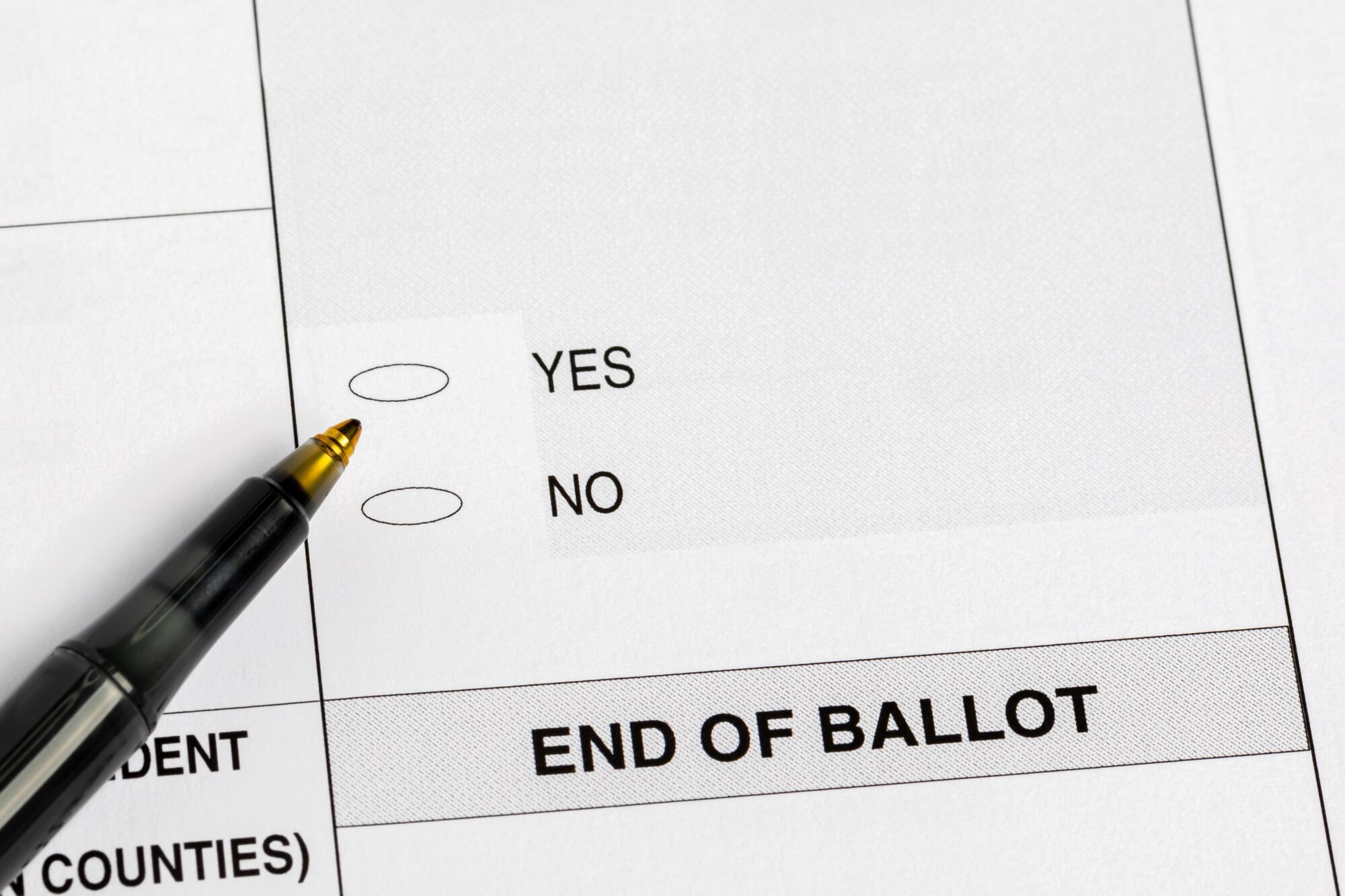Mississippi Center for Public Policy response to Clarion Ledger:
MCPP generated considerable news coverage last week on the issue of health care. On Sunday, the Clarion-Ledger mischaracterized our position in an editorial and an opinion column. We want to let you know the facts on the topic and on our position, which the Clarion-Ledger would have known if they had bothered to call our office before they wrote those pieces.
Last Thursday, we hosted a Liberty Luncheon on the topic of the Affordable Care Act, commonly known as ObamaCare, and how it will affect Mississippi. Our guest speaker, Michael Cannon of the Cato Institute, spoke to an overflow crowd of almost 200 people at the Capital Club in Jackson.
Cannon said there are two things which states can do to thwart the implementation of ObamaCare: do NOT set up a health insurance exchange and do NOT expand Medicaid. Otherwise, our state will be complicit in a vast expansion of federal entitlement programs, and with it, a vast expansion of the debt burden we are already imposing on our children and grandchildren.
In addition to being the conduit for direct subsidies for purchasing health insurance, an exchange which is created under this law will trigger the ability of the federal government to impose employer penalties – up to $3,000 per employee – if the employer doesn’t provide “adequate, affordable health insurance” to his or her employees. Because the law gives the federal government ultimate power to determine the benefits and other features of health insurance sold on the exchange, it will also bypass the ability of our legislature to make those determinations.
As for Medicaid, expanding it will not only accelerate the unsustainable growth rate in Medicaid spending, it will invite more federal regulation and ultimately increase taxes on Mississippians. And because Medicaid payment rates for doctors are too low to cover their costs in many cases, more and more doctors will limit the number of Medicaid patients they see, which will decrease access for low-income people.
One argument made by the proponents of a state-created exchange is that the state will have control over it. But the reality is that the ACA gives the federal government nearly complete power over Mississippi’s insurance exchange. Whether or not the feds are exercising the full measure of that power at this moment is irrelevant. It is naive to think they won’t exercise it at some point in the near future.
As noted by the Heritage Foundation, another pre-ACA supporter of health insurance exchanges, “The combined effect of [new federal] regulations and grant requirements is that a state would have to agree to surrender any last vestiges of meaningful control over how Obamacare is implemented.” Thus, a state would now have no more real control over an exchange it set up than over one HHS established.
Furthermore, there have been no appropriations by Congress for the federal government to create any exchanges, and presumably, as long as Republicans are in control of at least one house of Congress, there won’t be. If there is no money, there is no exchange; if there is no exchange, there are no job-killing employer penalties.
In fact, it would be fair to expect that states that create exchanges will lose jobs to states that do not create exchanges. A company in a state with an exchange will have to pay a $3,000 fine for each employee that does not have “adequate, affordable” insurance. Governors in nearby states, such as Louisiana, Texas and Florida, have firmly refused to set up a state-based exchange. “States with exchanges can expect to hear a giant sucking sound as jobs go from states with exchanges to states without exchanges,” observed Cannon. Bottom line: an exchange will mean more jobs leaving Mississippi and going to states without an exchange.







